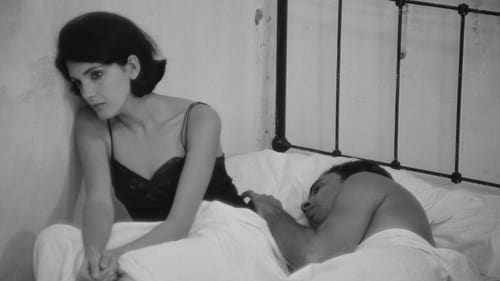
Alberto
The 50-minute "Madagascar" has the resonance and eloquence of the best poetry, as it deftly turns an adolescent's search for identity into a metaphor for post-revolutionary Cuba. Laura is a professor at a shabby, stultifying college. Her daughter, Laurita, stops going to school, wishes to move to Madagascar and quickly races through several phases. One day, she looks like a heavy-metal fan, another like a bohemian who weeps at poetry and art. Slowly, she crosses the line from ordinary adolescent confusion to intense neurosis and beyond, finally becoming so obsessed with religion and good works that she brings 10 homeless children into the cramped house she shares with her mother and grandmother.

Aldo
In his award-winning film Lucía, Humberto Solás interpreted the theme of Cuba’s hundred years' struggle in an entirely novel way to create an epic in three separate episodes, each centred around a woman called Lucía and each unfolding in a different period of Cuban history, corresponding to the three stages of colonialism (1895), neocolonialism (1930) and socialist revolution (1968). The three episodes also present us with "Lucías" of different social classes. Solás described his film in this way: "The woman's role always lays bare the contradictions of a period and makes them explicit: Lucía is not a film about women, it's a film about society."

